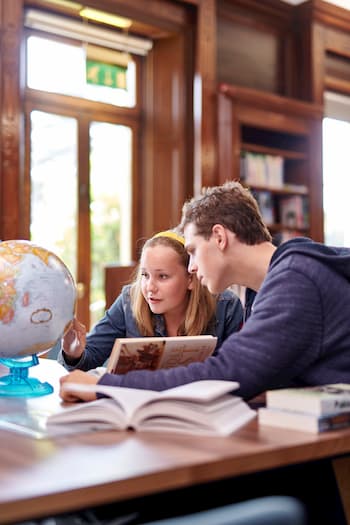Jenny Kingsley considers ‘a woman’s place’ in the antiquarian book trade.
She might try collecting herself!
When I first saw The Second Shelf I felt as if I had come across a gingerbread house in an enchanted forest. It is located in the
She might try collecting herself!
When I first saw The Second Shelf I felt as if I had come across a gingerbread house in an enchanted forest. It is located in the










